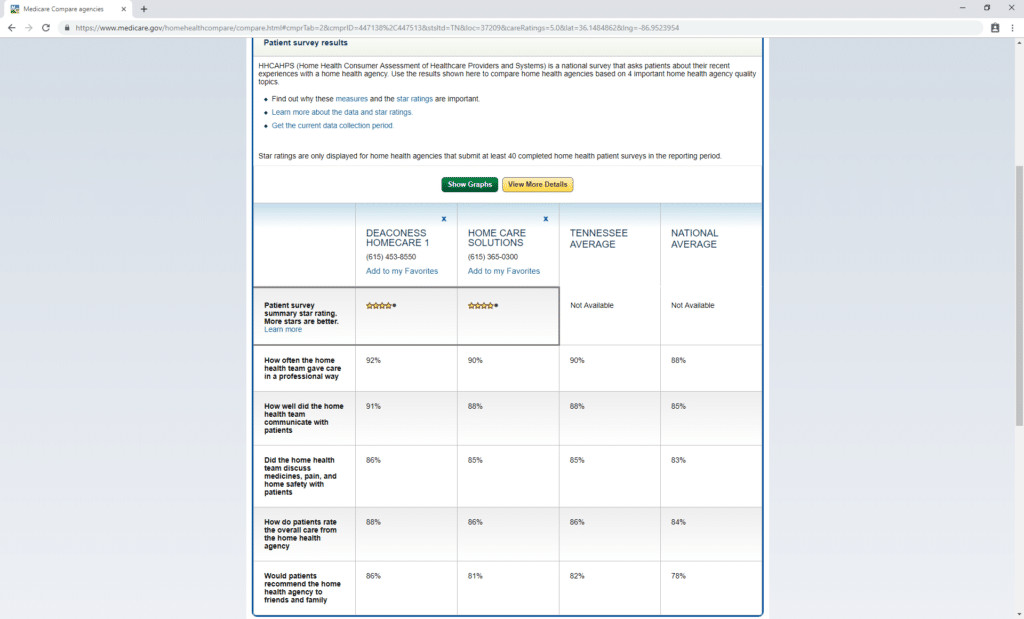Table of Content
A skilled nursing facility is an in-patient rehabilitation and medical treatment center staffed with trained medical professionals. Skilled nursing facilities give patients round-the-clock assistance with healthcare and activities of daily living . The In-Home Supportive Services Program provides financial assistance to low-income aged, blind, and disabled individuals who are unable to remain safely in their homes without help from caregivers.
The criteria for receiving home health care from Kaiser is based on the Medicare home health care benefit. Medicare will only pay for personal care, such as bathing and dressing, if an enrollee is also under the care of a doctor who prescribes skilled nursing care or physical, occupational or speech therapy. The frequency of visits and the length of time they're covered must be considered reasonable, and a physician must certify that the beneficiary is homebound. The home health care agency providing services must also be on Medicare’s approved list.
Watch does kaiser insurance provide in home care for elderly patients Video
… Those who have the Kaiser Permanente Medicare Advantage Plan or another commercial plan from the company that includes senior care in a nursing home or skilled facility will gain this type of coverage. You can apply for medical financial assistance through Kaiser Permanente during or following a course of care or treatment received from Kaiser Permanente. The Medical Financial Assistance program helps low-income, uninsured, or underinsured patients who need help paying for all or part of their medical care received from Kaiser Permanente. Patients are eligible for financial assistance when their family income is at or below 400% of the Federal Poverty Guidelines . Patients should consult with a counselor to determine eligibility and for assistance applying. Patients who have experienced unusually high medical expenses may be eligible for the program, regardless of household income.
Patient must be homebound, have a skilled need, and a life limiting illness with a prognosis of 12 months or less. Home Based Palliative Care is geared towards patients who desire symptom management and receive care in their home. The home health agency staff provides care according to your authorized plan of care. We encourage the patient and caregivers to participate in the treatment plan as it relates to goal planning.
Medicaid And Programs For Those With Low Incomes
It’s a temporary home-based replacement for the healthcare you normally receive at medical offices and hospitals. Kaiser Permanente’s participation in Medicaid is core to our mission to provide high-quality, affordable health care services and to improve the health of our members and the communities we serve. Kaiser Permanente offers all-in-one Medicare Advantage plans that encompass and surpass the provisions of Original Medicare.

This is low, but it matches the statewide average for all insurers, indicating that patients are often not satisfied with their experience, regardless of insurer. KP@Home provides Kaiser Permanente members like Jane Clark hospital-level care in their own home to facilitate health and healing. Choosing the right type of long-term care is a very personal process. Whether you are choosing for yourself or for a loved one, it's important to look carefully at your options. You want to be sure that the level of care is right and that you or your loved one will feel comfortable.
Does Covered California Cover Long Term Care?
However, you may follow up with your specialty physician as needed. An hourly rate of approximately $27 is assigned to Kaiser Permanente Caretakers in California.
Kaiser Permanente offers multiple types of health insurance, including individual plans, family plans, Medicare, Medicaid and group health insurance. Although it seems that Medicaid covers practically everything someone needs, it doesnt necessarily provide full coverage. Medicaid does not cover private nursing, for example, nor does it cover services provided by a household member.
Once we receive the requested documentation, we’ll send you a decision about your appeal within 30 days. If you file an appeal without including any additional information with your request, we’ll automatically deny your appeal. If you didn’t provide the requested financial documentation or if you have experienced a change in income, you can provide current or updated documentation, as listed in the financial documentation table above. After we review your completed application, we’ll send you a decision within thirty days of receipt. If it is not approved, we will provide a reason for the denial and instructions on how to appeal the decision if you disagree.

They are operated and funded by different parts of the government and primarily serve different groups. Medicare is a federal program that provides health coverage if you are 65+ or under 65 and have a disability, no matter your income. The limited network can also be a problem for frequent travelers. When you’re away from home, only urgent care and emergency room services are covered at facilities that are not affiliated with Kaiser. The company also has a dedicated travel line to help you navigate circumstances, coverage or preapproval when youre traveling to another Kaiser service area or outside of the service area.
Total expected payment from allowed claims was divided by total billed charges for such claims, and that number was subtracted from 1 to calculate the AGB percentage. The 2022 AGB reduction to gross charges is 64% for hospital charges. Apply for Medi-Cal You can go to for an application, or contact your county Health and Human Services.

A Hospice nurse will call to talk to you about the Hospice program and determine if you qualify. You may receive a follow-up phone call to see how you are doing and give you a chance to ask questions. At the start of care the RN case manager will assesses your clinical situation and develop an individualized care plan including the frequency of visits. Aides are available 24/7 to assist residents with personal care tasks or in the event of an emergency. At an average cost of $4,300 per month in the United States, it is significantly less expensive than around-the-clock in-home care. Kaiser Permanente Insurance to Pay for In-Home Care From an insurer’s point of view, it is less expensive to provide in-home care for an individual than it is to provide long-term care in a hospital setting.

No comments:
Post a Comment